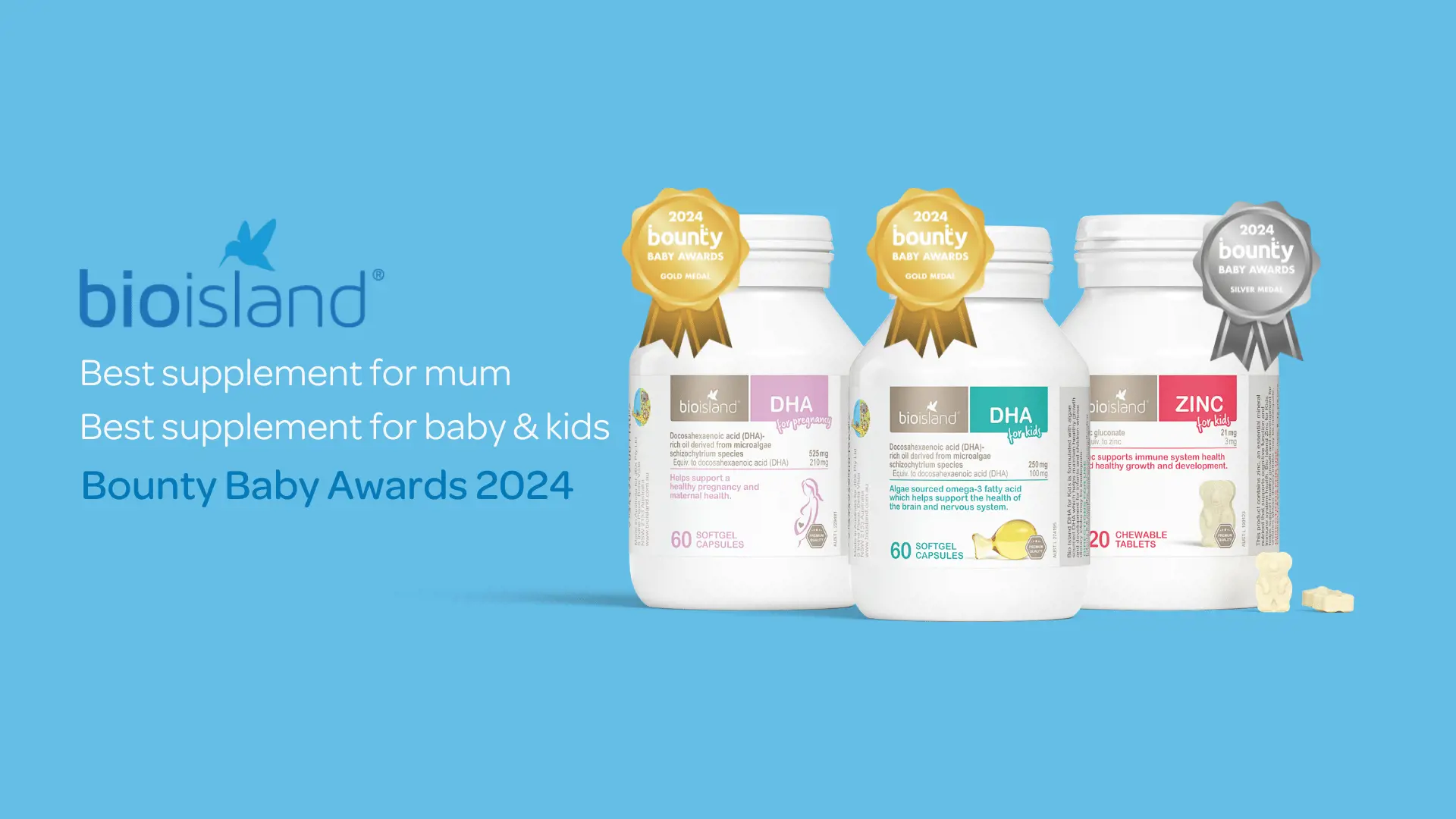
Understanding blood pressure and heart health
High blood pressure is a main risk factor for developing heart disease, but what exactly is blood pressure and why is it so important to ensure yours is within the right range?
Adult & Seniors Health
By Bio Island Nutrition Team
High blood pressure is a main risk factor for developing heart disease, but what exactly is blood pressure and why is it so important to ensure yours is within the right range?
Blood pressure is the pressure of the blood circulating against the walls of blood vessels and arteries in your body. Blood pressure will fluctuate throughout the day depending on what activities you’re engaged in, especially if you are exercising. This happens because when we exercise our muscles require more oxygen, and our heart responds by pumping faster to deliver this oxygen.
Why is a normal blood pressure reading?
Blood pressure readings are made up of a systolic pressure reading (the top number) and a diastolic pressure reading (the bottom number). Systolic blood pressure is the amount of pressure in your arteries when your heart muscle contracts, whereas diastolic blood pressure is your blood pressure when your heart muscle is between beats. According to the Heart Foundation, a normal blood pressure reading would be a systolic blood pressure of under 120 mm Hg and a diastolic blood pressure of under 80 mm Hg, otherwise read as 120/80 mm Hg.
When should I be concerned?
As mentioned earlier, blood pressure can fluctuate depending on the type of activities you engage in during the day. Blood pressure readings become concerning when they are elevated for extended periods of time and this elevation is not associated with physical activity or temporary stressors. High blood pressure (also known as hypertension) is characterised as blood pressure that is greater than or equal to 140/90 mm Hg. Consistently high blood pressure is an important warning sign that should not be ignored as there is a clear link between high blood pressure an increased risk of heart disease. Although there is no specific cause of high blood pressure, there are certain diet and lifestyle factors that can increase your chances of developing high blood pressure such as:
- Unhealthy eating habits
- Alcohol intake
- Smoking
- Being overweight or obese
- Family history
- Low or no physical activity
Just as high blood pressure can be a warning sign, blood pressure that is consistently low can also be of concern. Low blood pressure (also known as hypotension) can be defined as a reading below 90/60 mm Hg. For some people having low blood pressure may be normal and cause no problems however, for others low blood pressure can cause fatigue, dizziness and fainting because the brain is not receiving enough blood. Certain medical conditions and lifestyle factors can cause low blood pressure, these include:
- Pregnancy
- Dehydration
- Heart conditions
- Blood loss
- Allergic reactions
- Septicaemia
- Lack of b12, folate and iron in the diet
How to check your blood pressure
Because there may be no obvious signs or symptoms of high or low blood pressure, it is important to have your blood pressure measured regularly by your treating doctor. Your doctor will measure your blood pressure with a machine called a sphygmomanometer and be able to provide you with the results immediately. If your blood pressure reading is of a concern your doctor will be able to explain treatment options with you and in some cases may prescribe medication to help manage your blood pressure. It is important to remember that blood pressure can change temporarily for many reasons so you should have it checked regularly.
Final tips
A healthy lifestyle is the best way to ensure you are looking after your heart and keeping your blood pressure within a healthy range. Some of the most important lifestyle changes you can make are as follows:
- Limiting alcohol intake
- Looking after your mental health
- Quite smoking
- Eat a diet full of wholefoods and limit processed foods
- Be physically active
- Maintain a healthy weight
This information does not take into account your personal situation and is general in nature. You should consider whether the information is appropriate for your needs and seek professional medical advice.
Always consult your healthcare professional before taking any supplements or if any concerns arise.





